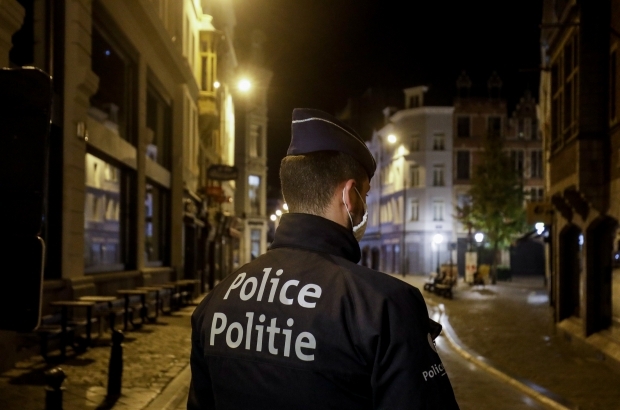- Daily & Weekly newsletters
- Buy & download The Bulletin
- Comment on our articles
55% of residents say they feel safe in Brussels
A little more than half of Brussels residents say they feel safe in the region, according to the latest report from the safe.brussels observatory, the regional administration for safety and prevention.
On the other hand, the report found that 45% of Brussels residents said they often, sometimes or always feel unsafe in the region.
The sentiment is stronger among commuters from the other two regions: 68% of Wallonia and Flanders residents who commute to the city described feeling unsafe often, sometimes or always in the past 12 months.
The figure is just 20% for tourists, however.
“While tourists generally have a good feeling of safety, with four out of five tourists saying they never or rarely feel unsafe in the region, there is a difference, particularly among commuters,” said Sophie Croiset, statistics and analysis coordinator at the Brussels Observatory for Prevention and Safety.
"Among residents, almost one in two say that they never or rarely feel unsafe in their neighbourhood. Determining why the trends are different would require an in-depth analysis, but one possible explanation is familiarity, knowing the streets, the habits, the neighbours.
"This can have a positive influence on the feeling of safety and could explain why residents feel safer than commuters."
Reported threats to safety and security include attempted internet scams (40%), discrimination (18%), street harassment (16%), psychological violence outside the family sphere (15%), vandalism (13%), theft of personal property without violence (9%) and violence outside the family sphere (8%).
“When we think of crime and insecurity in general, we tend to think of assaults, thefts and burglaries,” Croiset said.
“Here, surveying the population about what they actually experienced in the 12 months prior to the survey brings to light events that are a little more unusual, in particular attempted fraud via the internet.
"These are incidents that come to mind less quickly, and are also less visible in crime figures and police statistics, quite simply because they are less likely to be reported."
Croiset explained that because these are rarely reported, such incidents tend to slip under the radar, making the survey critical for getting a proper view of security in the Belgian capital.
“[The survey] shows a clear difference between crime recorded by the police services on the one hand and actual crime on the other,” said Croiset.
In terms of what prompts someone to go to the police, the survey found that property offences are the most frequently reported: 92% of motor vehicle thefts and 81% of burglaries are reported.
“There are understandable reasons for this, particularly insurance-related,” Croiset explained.
“People need to lodge a complaint to prove to the insurance company that something has actually happened, and so obtain compensation for the damage suffered.”
An estimated 27% of survey respondents said they had not been the victim of any of the incidents such as theft from and in vehicles, burglary, scooter theft, bicycle theft or physical violence within the family.
More than 3,600 people were questioned for the survey: 2,663 Brussels residents, 601 commuters and 402 tourists.



















